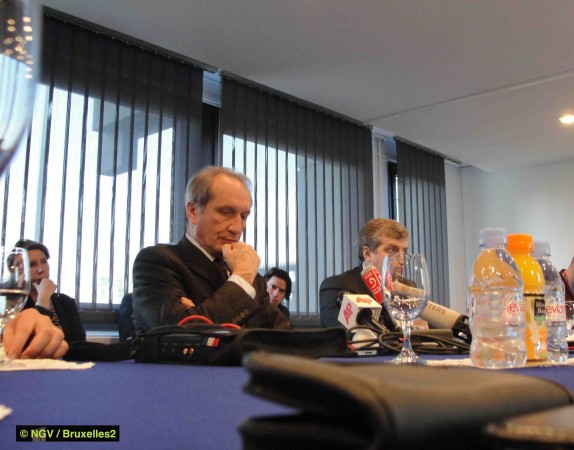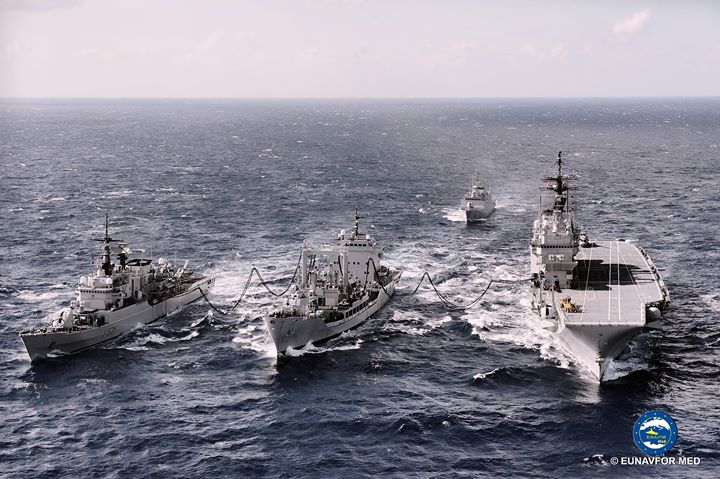The infiltration of Afghan troops, a reality. NATO is preparing a plan

(BRUSSELS2 at NATO headquarters) A taboo is breaking. The infiltration of Taliban elements into certain training camps for the new Afghan army is not only no longer denied by the Allies, but it is becoming a concern that urgently needs to be addressed. Sarkozy's "anger" the day after the Gwan incident struck a chord. And at Alliance HQ, even if we dare not say a word in public about these pesky "Frenchies", it is clear that many conversations today were centered on the French decision on early withdrawal, the reliability of the Afghan army and its recruitment... In short
The death of French soldiers in Gwan, an Afghan error, a fact not isolated
The death of 4 French soldiers in Gwan, on January 20, still remains across the throat of the Minister who does not hesitate to point out the problem. " The soldier who had killed the compatriots had not been followed. He had already enlisted, had already deserted, joined in Pakistan, then returned to Kabul to be re-engaged in a unit integrated into the French Kapisa system. " Short " There was control but not sufficiently adapted to an extraordinarily complex and difficult situation. (...) The Afghan National Army had not made this work a top priority. The question on everyone's lips is whether the act is isolated. And the minister answers no. " The investigation is still ongoing. But I have the feeling that it is an approach that is not isolated "...
An anti-infiltration plan
NATO has therefore decided to react quickly by developing a " anti-infiltration plan » which should be “finalized by the end of February” as confirmed by Anders Fogh (Rasmussen), NATO Secretary General. A French request, after the Gwan incident costing the lives of 4 French soldiers. " The events (which struck our compatriots) are in the minority but have a strong symbolic value in terms of credibility for the Afghan army”, said Gérard Longuet in his press briefing today. “I asked that the Afghan army take concrete measures so that the level, the quality, the follow-up of recruitment brings the maximum of security to those who fight at their side. » (*)
On the menu biometrics and follow-up of employees
The plan should include more biometrics and especially historical tracking. "Technically, we can greatly improve the follow-up of the recruits: knowing where they come from, what they have done, and what they continue to do in their presence and behavior in their units" continues the French Defense Minister. The advantage is that Afghanistan is a " fairly traditional country. The fighters have their family, their cradle, their history. You can sort of get a character certificate. Where it's more complicated is towards the Pakistan border" and also in Kabul where a lot of displaced people live.
18 incidents in 2011 involving an Afghan army "soldier"
At the Allied level, there have been around forty incidents in four years - confirmed the Minister, with an acceleration in recent months - 18 in 2011, affecting most armies allies: American, Australian... (...) Quantitatively, this is marginal. From the media, it's unbearable in terms of the credibility of the Afghan army. “However, the Minister does not want to speak” of a systematic infiltration, today ". But in the future, it could be the case” likely ". Because the " various Taliban networks are politically savvy enough to know that this type of action is pernicious for the Afghan army »
(*) Note that France has obtained from the Afghan Minister of Defense, Wardack, that he "injects trained non-commissioned officers, known to the French and who should make it possible to bring a better atmosphere" in the troops of the ANA formed and supported by the French.
Read also:

